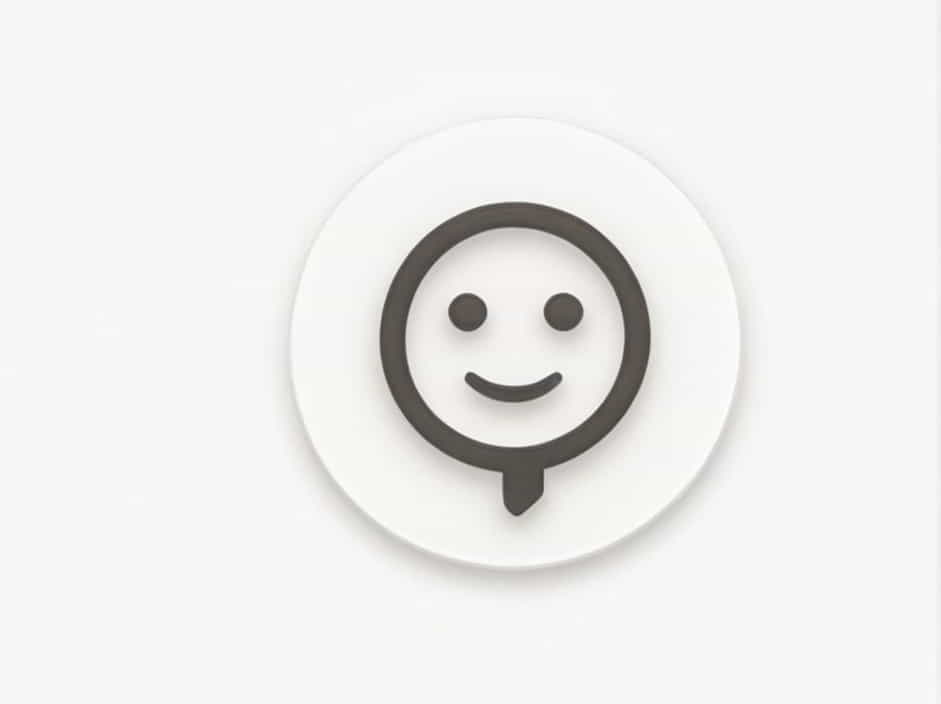Humor is an essential part of human communication and social interaction. It makes people laugh, relieves stress, and even strengthens relationships. But what exactly does humor mean? Why do people find different things funny?
Understanding the meaning of humor, its different types, and its impact on daily life helps us appreciate its role in entertainment, psychology, and even health.
Definition of Humor
Humor refers to the ability to find amusement, create laughter, or entertain through wit, jokes, or unexpected situations. It is often used in conversations, media, literature, and performances to engage audiences and lighten the mood.
Humor can be verbal (jokes, puns, sarcasm), physical (slapstick, gestures, facial expressions), or situational (funny circumstances, irony, absurdity).
Examples in a Sentence
✔ His quick humor made every conversation entertaining.
✔ The comedian’s unique humor attracted a large audience.
✔ She used humor to ease the tension during the meeting.
The Origins and Evolution of Humor
Humor has existed since ancient times, appearing in literature, theater, and everyday conversations. The Greeks and Romans valued humor in plays and public speeches. Aristotle and Plato studied humor as a tool for criticism and social observation.
Over time, humor evolved into comedy, satire, cartoons, and stand-up performances. Today, humor is found in movies, television, memes, and online content, reflecting changes in culture and society.
Different Types of Humor
Not everyone laughs at the same jokes. There are various types of humor, each appealing to different personalities and situations.
1. Slapstick Humor
This involves physical comedy, exaggerated movements, and often clumsy accidents.
✔ Example: Charlie Chaplin’s silent films are full of slapstick humor.
2. Satirical Humor
Satire uses wit and irony to make fun of political, social, or cultural issues.
✔ Example: Many late-night talk shows use satirical humor to comment on current events.
3. Dark Humor
This type of humor jokes about serious, morbid, or taboo topics in an ironic way.
✔ Example: Some comedians use dark humor to address difficult life situations.
4. Sarcasm and Irony
Sarcasm is a form of mocking or ironic humor, often used to express the opposite of what is meant.
✔ Example: “Oh great, another Monday!” (said in a sarcastic tone).
5. Observational Humor
This humor focuses on everyday situations, pointing out funny aspects of life.
✔ Example: Comedians often use observational humor to talk about relationships, work, or social media.
6. Wordplay and Puns
Wordplay involves clever use of language, such as puns or double meanings.
✔ Example: “I used to be a baker, but I couldn’t make enough dough.”
7. Self-Deprecating Humor
This humor involves making fun of oneself to entertain others.
✔ Example: “I have a photographic memory, but I always forget to develop it.”
The Psychological Benefits of Humor
Humor is not just about making people laugh—it has psychological and emotional benefits. Studies show that humor can:
✔ Reduce stress and anxiety – Laughing releases endorphins, which improve mood.
✔ Improve relationships – Shared humor strengthens connections between friends and family.
✔ Boost creativity – Thinking in a humorous way enhances problem-solving skills.
✔ Increase resilience – People who use humor can cope better with challenges.
Humor in Different Cultures
Humor varies across cultures due to language, traditions, and social norms. What is funny in one country may not be funny in another.
✔ American Humor – Often includes sarcasm, satire, and irony.
✔ British Humor – Known for its dry, dark, and self-deprecating nature.
✔ Japanese Humor – Uses wordplay, exaggerated reactions, and absurdity.
✔ French Humor – Often relies on wit, intellectual jokes, and satire.
Understanding cultural differences in humor helps prevent miscommunication or offense when interacting with people from diverse backgrounds.
The Role of Humor in Entertainment
Humor is widely used in movies, TV shows, books, and social media. Some of the most popular forms of entertainment include:
✔ Comedy films – Movies like “Dumb and Dumber” and “Superbad” rely on exaggerated humor.
✔ Sitcoms – Shows like “Friends” and “The Office” use observational and situational humor.
✔ Stand-up comedy – Comedians like Kevin Hart and Ellen DeGeneres use storytelling humor.
✔ Internet memes – Social media spreads humor quickly through memes, GIFs, and viral jokes.
Humor in the Workplace
Using humor at work can create a positive atmosphere and improve teamwork. However, it is important to use humor appropriately to avoid misunderstandings.
✔ Benefits of humor at work:
- Reduces stress and increases job satisfaction.
- Improves communication and relationships with colleagues.
- Encourages creativity and problem-solving.
✔ What to avoid:
- Offensive jokes that could hurt others.
- Humor that disrupts productivity.
- Misinterpreted sarcasm.
The Science Behind Laughter
Humor triggers brain activity in areas related to emotions and social bonding. When people laugh, their brains release dopamine and endorphins, which create a sense of happiness and relaxation.
✔ Laughter therapy is used in hospitals to help patients recover faster.
✔ Children use humor to develop cognitive skills and social connections.
How to Develop a Sense of Humor
Anyone can improve their sense of humor by:
✔ Observing funny moments in daily life – Find amusement in small things.
✔ Watching comedies and stand-up performances – Expose yourself to different humor styles.
✔ Practicing wordplay and jokes – Play with language creatively.
✔ Surrounding yourself with positive, funny people – Humor is contagious!
Why Humor Matters in Life
Humor is more than just entertainment—it affects mental health, relationships, and even physical well-being. Whether in conversations, entertainment, or social interactions, humor brings people together and makes life more enjoyable.
By understanding the different types of humor, psychological benefits, and cultural variations, we can appreciate its role in communication, entertainment, and everyday life. So, next time you hear a joke, don’t just laugh—recognize the power of humor in shaping human connections!
